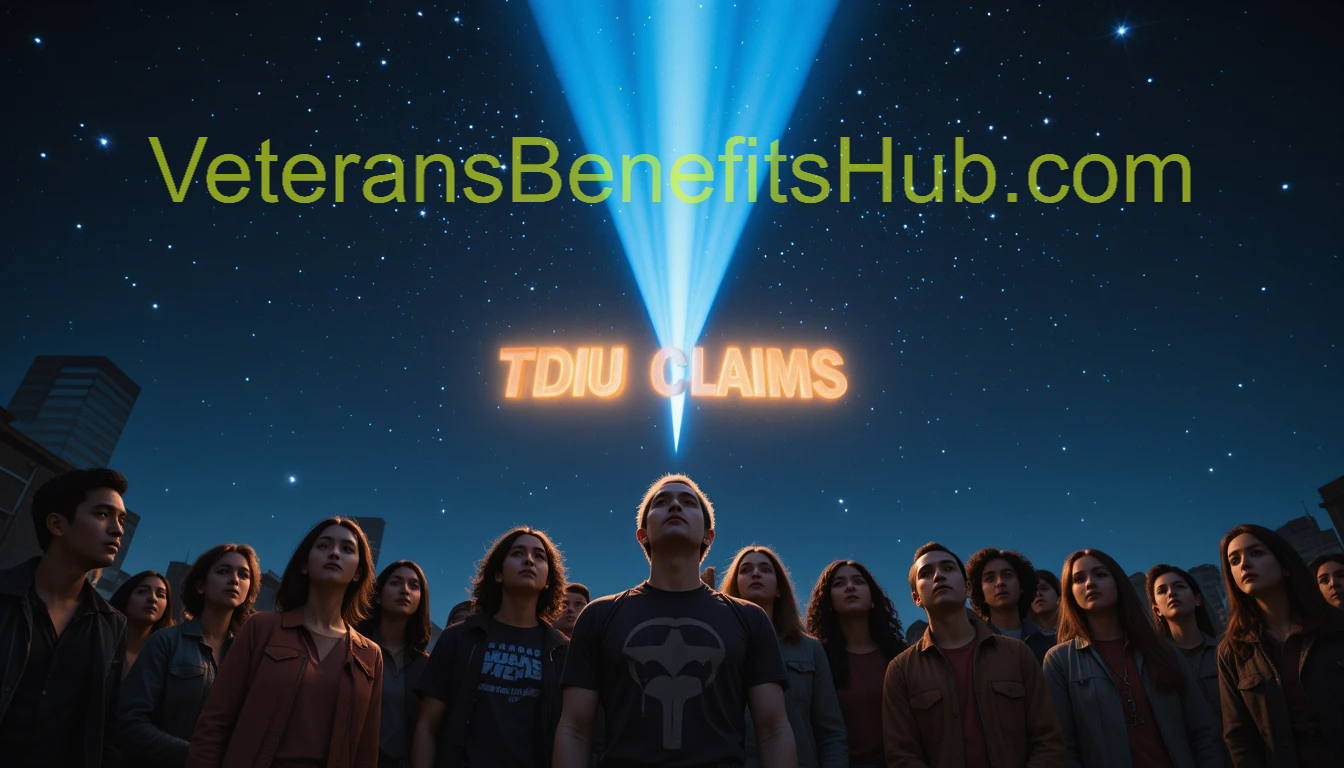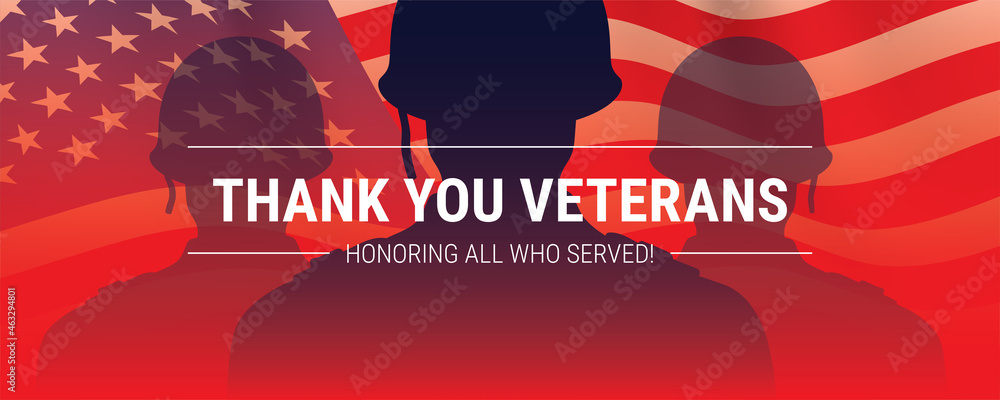
Encouragement and Guidance for Veterans Pursuing TDIU Claims
Hello, this article is contributed by our contributor, who is a vocational expert with over 20 years of experience, including work with the Department of Veterans Affairs (VA) and the Social Security Administration.
Veterans who are rated at 70% for service-connected disabilities, especially those with mental health conditions such as PTSD, anxiety, or depression, are strongly encouraged to pursue a Total Disability based on Individual Unemployability (TDIU) claim. The process can feel overwhelming—dealing with multiple forms, limited communication from the VA, and confusing requirements—but consistency and support can make all the difference.
Start by Gathering Key Documents
Veterans should begin by accessing their My HealtheVet portal to obtain all medical center records. Additionally, the eBenefits platform provides access to every VA award letter issued, as well as verification letters and disability benefit summaries. These documents can be downloaded and printed to aid in the preparation of a comprehensive TDIU claim.
Our contributor, who is an attorney and collaborates with a reputable VA claims law firm, stresses the importance of gathering medical records and supporting documents before beginning a vocational evaluation. In many cases, veterans are excellent candidates for TDIU but delay or abandon their claims due to stress, frustration, or lack of guidance—especially among older veterans.
The Importance of Consistency and Advocacy
Veterans are urged not to give up or “drop the ball.” Those who served the country without question deserve the compensation they’ve earned. Navigating the VA system can be challenging, but the right support can help overcome these obstacles. Friends, relatives, or trusted advocates can assist in organizing and submitting documents necessary to build a strong case.
Understanding the Vocational Assessment
The vocational assessment begins with a consultation. If the information shared suggests that a veteran is a good candidate for services, a full evaluation follows. This evaluation involves a thorough review of the veteran’s medical records. It is crucial that the information shared during the consultation aligns with the evidence contained in the records. Without documentation to support limitations, a vocational report cannot be provided.
Our contributor, a nationally certified vocational expert with the Social Security Administration and former VA contractor, brings a deep understanding of medical terminology and occupational limitations. Veterans are not expected to know every limitation associated with their conditions—this is the vocational expert’s role. What is essential is that veterans explain how their service-connected conditions impact their ability to work.
Objective, Evidence-Based Support
All vocational reports are unbiased and based on objective findings. If it is determined that suitable employment is not feasible, the report will provide the evidence needed to support this conclusion. These findings carry substantial weight in VA claims and are difficult for the VA to dismiss due to the contributor’s credentials and expertise.
Final Encouragement
This message is intended to inspire and encourage veterans, particularly those dealing with mental health conditions. Do not let the burden of the process prevent you from obtaining the benefits you deserve. Day after day, time passes, and claims go unfiled. Now is the time to act.
